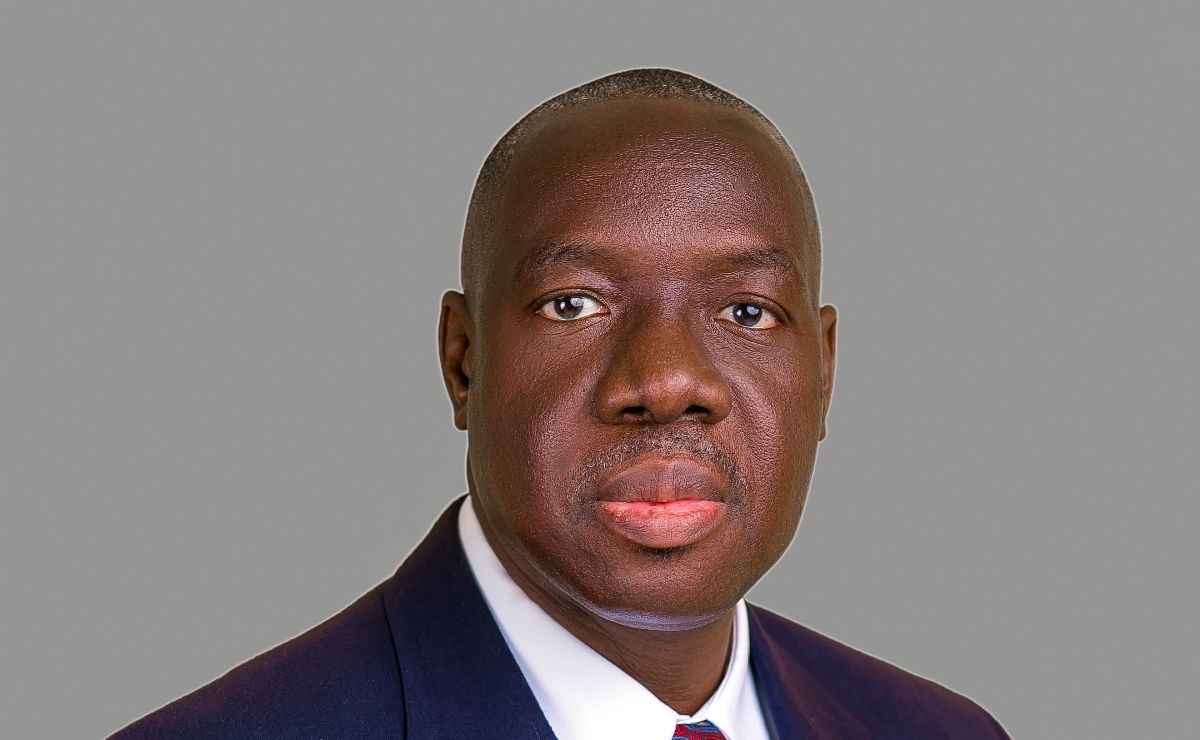- Over 400 million Africans remain financially excluded despite digital progress.
Leaders call for interoperable, inclusive financial systems targeting the underserved.
Nigeria’s NIBSS platform showcased as a successful local solution for real-time payments.
Experts warn against imported systems and urge for African-built payment models.
Cash remains the biggest competitor to digital inclusion across the continent.
Africa’s Digital Economy Must Serve the People—Not Just the Privileged
A Quick Recap of This Story
The Broken Promise of Digital Progress
For all the buzz about mobile money, fintech apps, and surging investor interest, Africa's digital transformation is leaving hundreds of millions behind. While the continent celebrates a boom in digital innovation, over 400 million Africans remain outside the formal financial system—cut off from tools that could empower, protect, and liberate.
Dr. Robert Ochola, CEO of AfricaNenda Foundation, captured the urgency during a high-level policy forum in Lagos: Africa cannot afford to build digital infrastructure that caters only to the elite. It must rewire its fintech strategy to include the most vulnerable—women, youth, and informal workers who are still underserved and invisible in the financial ecosystem.
The Illusion of Access: Who’s Being Left Behind?
Rising smartphone penetration and mobile wallets have become symbolic of Africa's tech leap. Yet, beneath the glossy numbers lies a harsh reality: the systems being celebrated don’t serve everyone. Rural communities lack connectivity, digital literacy remains low, and transaction fees are often prohibitive.
Ochola stressed that true digital transformation must be built on interoperability—where banks, mobile money operators, and fintech platforms talk to each other in real time, regardless of geography or provider. The goal is not fancy apps or venture capital applause, but seamless and secure systems that allow a market vendor in Kisumu or a farmer in Sokoto to participate fully in the economy.
Nigeria’s NIBSS: A Working Blueprint
Nigeria’s National Inter-Bank Settlement System (NIBSS) offers a compelling example of how inclusive infrastructure can work. According to Ochola, NIBSS handles nearly a billion transactions per month, connecting banks, fintechs, and mobile operators through a real-time clearing system that operates 24/7.
This is not just about scale—it’s about intention. The platform was designed with local needs at its core, governed domestically, and built for security and reliability. NIBSS’s success stems from an ecosystem approach: aligning regulators, operators, and financial actors under a shared vision of inclusion.
AfricaNenda, the organization Ochola leads, plays a catalytic role in this transformation—helping countries design such systems, build regulatory strength, and learn from each other through forums like the recent Peer Learning Visit in Lagos.
Time for African-Built Systems, Not Imported Models

Premier Oiwoh, CEO of NIBSS, offered a powerful message: Africa must move past colonial-era financial structures and invest in platforms built by Africans, for Africans. Imported solutions often fail to understand local dynamics, and worse, can entrench dependency.
Oiwoh called for the demolition of trade barriers that block the flow of payments across African borders. Real regional integration, he argued, requires interoperable digital payment systems that work across countries, not just within them.
He proposed a continent-wide Regulators Forum for Digital Payments—a platform for sharing knowledge, harmonizing standards, and co-developing secure and inclusive frameworks.
Cash: The Real Enemy of Inclusion
The Central Bank of Nigeria’s representative, Musa Jimoh, reframed the conversation: competition among financial institutions isn’t the problem—cash is. Despite years of digital growth, cash transactions still dominate Africa's economy. They’re untraceable, inefficient, and often unsafe. But for many, cash remains more accessible than any digital solution.
Nigeria’s success in scaling real-time payments, led by local solutions like the NIP system, shows that transformation is possible. Jimoh challenged African regulators to drop their jurisdictional turf wars and start building a cohesive, cross-border ecosystem that meets the demands of 21st-century African economies.
Peer Learning Visit: Lessons Shared, Vision Aligned
The week-long gathering hosted regulators, central banks, and payment experts from over 10 African nations. Through workshops, policy exchanges, and site visits, delegates studied Nigeria’s model and explored ways to adapt similar systems at home.
The unifying message? Africa doesn’t lack the talent or the tech—it lacks the unified will. By learning from each other and building with inclusion at the center, the continent can reimagine its digital economy as one that serves all, not just the top layer.

0 comments
Be the first one to comment, but before that...
Here are some best practices for writing comments: